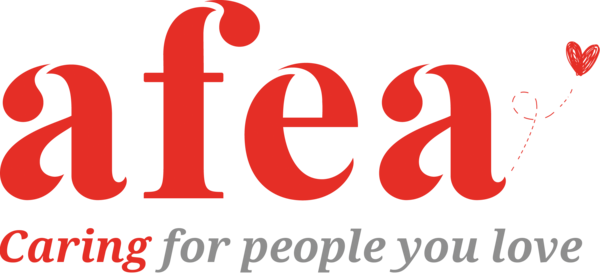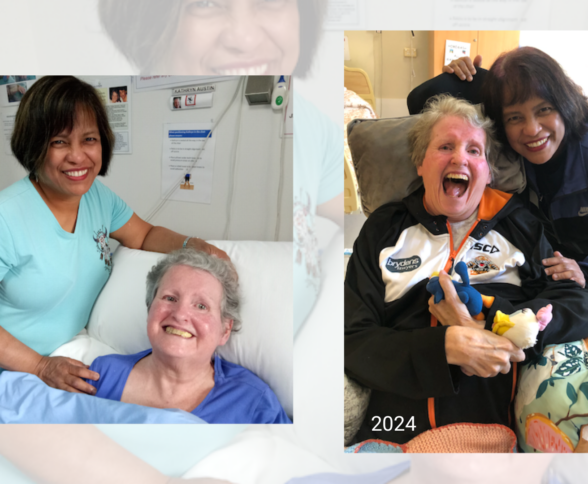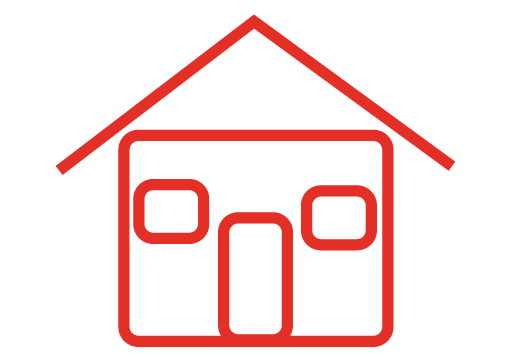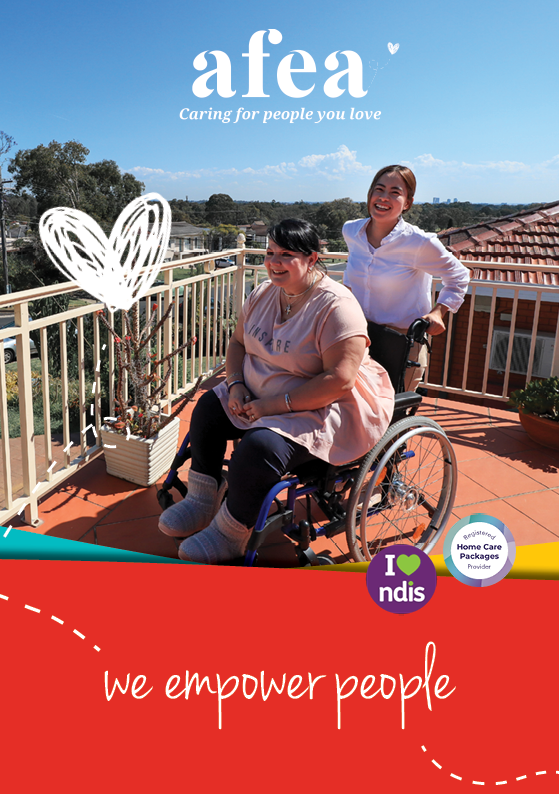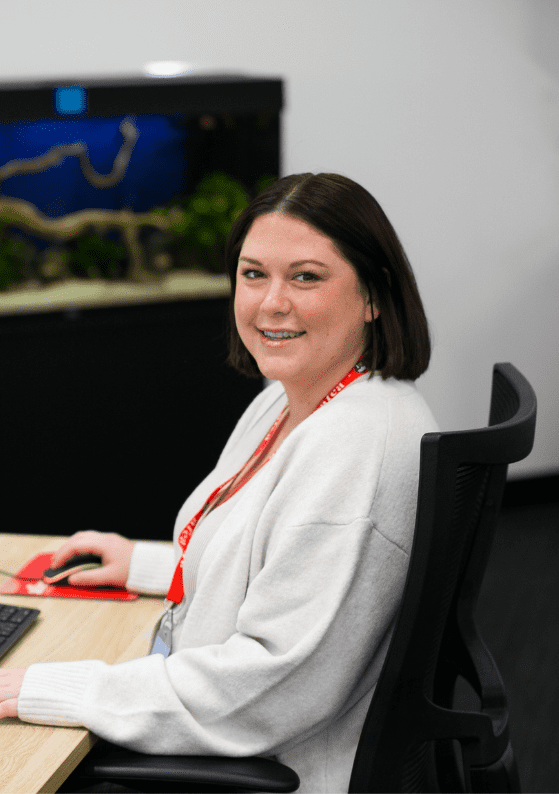Would you make a good disability support worker?
Have you ever thought about getting into disability support work? Here we answer your questions about what disability support work is and how you get into it.
What is a disability support worker?
A support worker or carer helps people with physical or intellectual disabilities in their day-to-day tasks. They have a wide range of tasks and responsibilities and their work can be very varied.
Support workers can help people with personal care such a showering, getting dressed, feeding and taking medication. They can provide practical help with transport, daily chores and making food. They can also provide vital social interaction and take clients out into the community to increase social enrichment and enjoyment.
Carers also provide much-needed emotional support to people with disabilities. They spend a lot of time with their clients, so often become like a close friend or trusted support. Support workers form strong bonds with their clients and become a crucial component in their lives.
What kind of person makes a good support worker?
The most important thing about working in care work is making sure you’ve got the right attitude. Are you passionate about helping others? If you answered yes, then you’re likely to be a great support worker.
As you’re going to be spending a lot of time with your clients, it’s important that you’re a people person and be good at building relationships. You need to be a good communicator as you may be helping your client communicate if they find it difficult themselves.
As you’re going to be working with vulnerable people and be welcomed into their homes, you must be very trustworthy. You always need to look after their health and safety and take responsibility for them.
What qualifications do you need for disability care work?
Although it’s not compulsory to have formal qualifications, some providers do need you to have a certificate III in Support Work, such as this TAFE NSW Course. It’s also a helpful way to learn more about the industry and get clear expectations about what it’s going to be like.
You also need to make sure you a police check, a first-aid certificate and a working with children check if you want to work with children. If you want to help clients by providing transport, you’ll need a reliable car and comprehensive insurance.
What extra talents could you bring to the job?
Every carer is different and brings unique perspectives to the lives of their clients. Think about what your interests are, what kind of client you want and what you’d like to share. Do you love movies? The outdoors? Could you play video games or talk sports all afternoon? Do you have any skills or hobbies that you can use to enrich the lives of your clients?
You may be spending a lot of time with your clients, so you want to be matched with people who you’re likely to get along with. You can use your skills to help your clients achieve their goals, whether it’s being more creative or learning something new.
How would being a support worker fit in with your life?
Being a support worker is a great, flexible job that is ideal for people who don’t necessarily want to work 9-5. People with disabilities need support at all hours of the day (and night!). People who are studying (especially nursing, psychology or social work) often find support work is an ideal part-time job to fit in with their course work. It is also a great, flexible role for those with a family or for people who want varied hours.
At Afea, we make sure we find you clients who are close to where you live so you won’t have to travel too far. We also do our best to find clients who you will fit with. It’s better for the clients and the support workers if everyone gets along.
